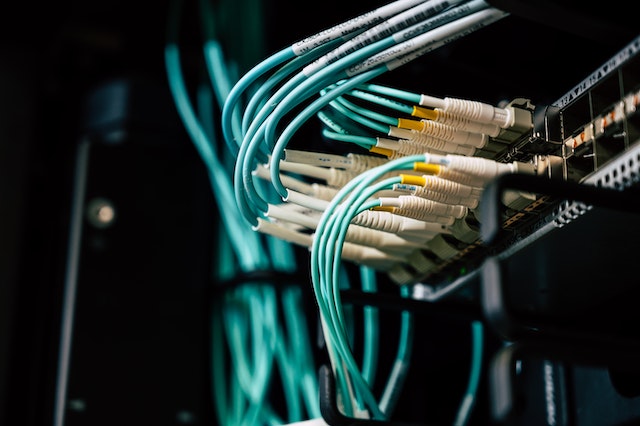In the world of connectivity and industrial automation, the role of cables is often underappreciated. However, these unassuming wires are the lifelines that enable the seamless flow of data and power in a myriad of applications. One such cable that’s gaining prominence in various industries is the M12 cable. In this blog, we’ll delve into the world of M12 cables, exploring their features, applications, and benefits.
What Are M12 Cables?
M12 cables, also known as M12 connectors or M12 sensor/actuator connectors, are a type of circular electrical connector commonly used in industrial automation and sensor applications. The “M” in M12 stands for “metric,” while the “12” indicates the diameter of the circular connector, which is approximately 12mm. These cables feature a threaded coupling mechanism, making them secure and resistant to vibrations and environmental factors.
Features of M12 Cables
- Compact Design: M12 cables are known for their compact and robust design. Their small size makes them suitable for applications where space is limited.
- Versatility: These cables come in various versions, including 3-pin, 4-pin, 5-pin, and 8-pin configurations, allowing for different signal and power transmission requirements.
- IP Rating: M12 cables often have a high Ingress Protection (IP) rating, ensuring protection against dust and water ingress, making them suitable for both indoor and outdoor applications.
- Secure Connection: The threaded coupling mechanism of M12 connectors ensures a secure and reliable connection that can withstand mechanical stress and vibration.
Applications of M12 Cables
- Industrial Automation: M12 cables are extensively used in industrial automation systems for connecting sensors, actuators, and other devices. They facilitate the seamless flow of data and power within these systems.
- Automotive Industry: In the automotive sector, M12 cables are used for various applications, such as connecting sensors, lighting, and communication systems.
- Food and Beverage Industry: M12 cables are popular in the food and beverage industry due to their resistance to moisture and washdown procedures, making them suitable for use in food processing and packaging equipment.
- Robotics: M12 cables are a favorite choice for robotic applications, ensuring reliable connections between various robot components.
- Medical Devices: The medical industry utilizes M12 connectors for their compact design and resistance to sterilization processes.
Benefits of M12 Cables
- Reliability: M12 cables offer a dependable and robust connection, reducing the risk of signal loss or downtime.
- Durability: They are designed to withstand harsh industrial environments, ensuring a long service life.
- Easy Installation: M12 connectors are user-friendly, and their quick and secure installation can save time and effort during setup.
- Standardization: M12 cables adhere to industry standards, ensuring compatibility across different devices and brands.
- Safety: With their IP rating, M12 cables provide an added layer of safety in applications where exposure to moisture and dust is a concern.
Conclusion
M12 cables may be small in size, but they play a significant role in ensuring the seamless operation of various industrial applications. Their compact design, durability, and secure connections make them a reliable choice for industries ranging from automation to automotive and beyond. As technology continues to advance, the demand for M12 cables will likely grow, further solidifying their place in the world of connectivity and industrial automation.
